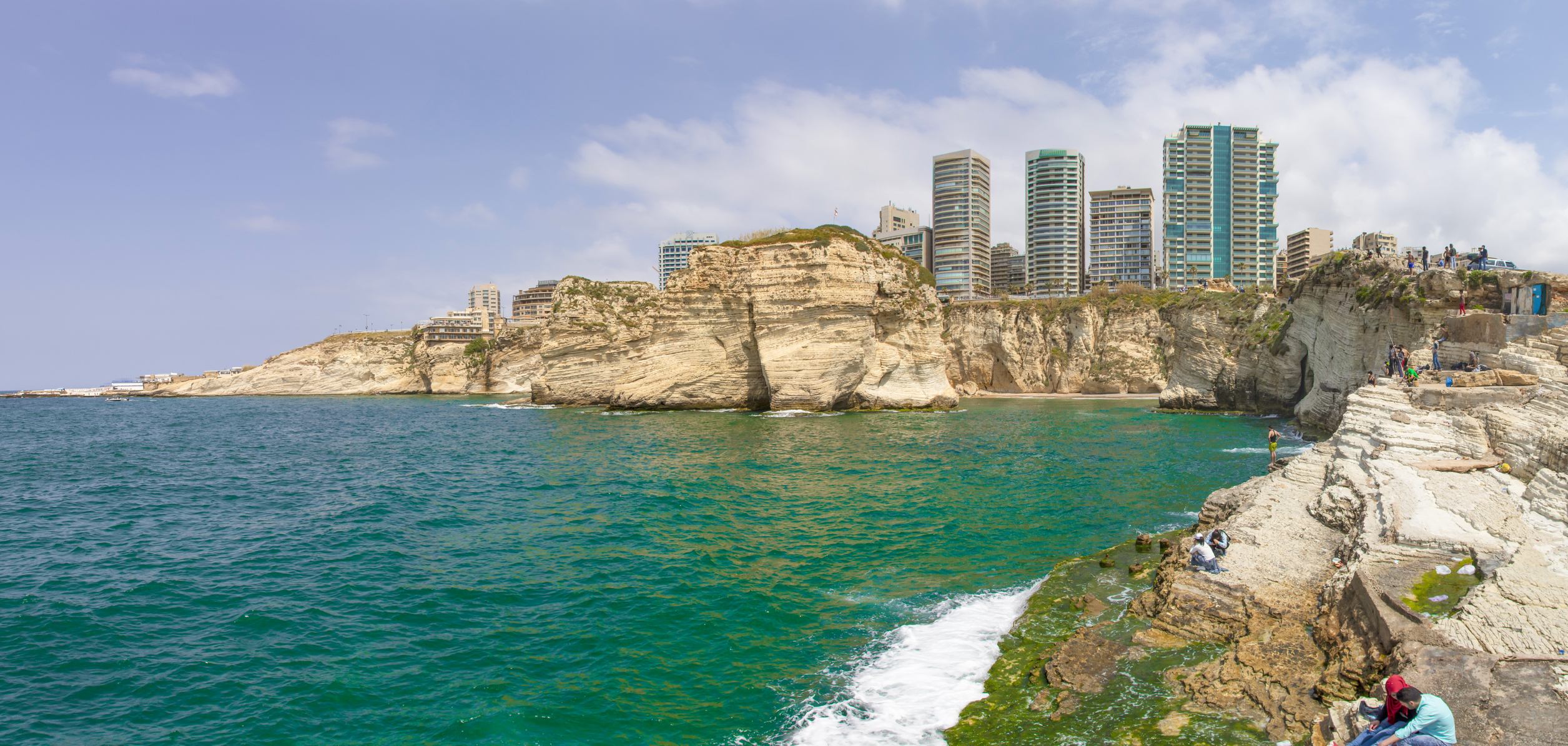10 paths towards understanding why it’s a strategic nation
By Alberto Cavicchiolo, IIMH
Intelligence. The intellectual strengths of the Arab world originate in the Sham (or Bilaad al Sham, or greater Syria), an area that includes Lebanon, Syria, Israel, Jordan, and Palestine. For the region whose cuisine and habits are defined as shami, Lebanese tastes, styles and cultural references are the benchmarks. If the shami component were taken away, the middle east would collapse. It’s impossible to ignore two icons (with Lebanese relations) like Sheikha Moza of Qatar or Prince Walid bin Talal of Saudi Arabia. They are both representatives of the shami diaspora, the sensitive and perceptive part of which is, in fact, Lebanese.
Industry. Khoury, an executive, works in Dubai at what he describes as the outer reaches of the planet that is EGA (the largest industrial hub in the Emirates after Oil and Gas). “We Lebanese engineers sustain Arab industries, we speak technical and economic Arabic better than anyone else, we take action, we get things done, according to rules and sharia. But then, when it comes right down to it, above all we’re Phoenicians.”
Carlos Ghosn. Lebanese manager. Studied in Beirut. In the 90s he worked in Brazil and in Europe. He arrived in France and in 1997 succeeded in making Renault profitable. In 1999 he managed to capitalize and revive Nissan, which had been on the road to bankruptcy. Japan celebrated him as a national hero, including in Manga comics. He then became head of the Renault-Nissan-Mitsubishi alliance, which in 2017 was the car giant, ahead of Volkswagen, Toyota and General Motors. He dealt with Elkann and Marchionne regarding the integration with Fiat Chrysler, which brought him into a leadership position in the automotive industry. But in 2018 he was arrested in Tokyo at the request of Nissan on charges the majority believed to be baseless. He was then freed by the task force of Michael Taylor, aka “Captain America”, which transported him to Lebanon in a 30-hour operation. When he arrived on 30 December 2019 Lebanon’s president, Michel Aoun, welcomed him like a national hero.
De oppresso Liber. When, in a recent interview with Vanity Fair from the Norfolk County Jail in Massachusetts, the American Michael Taylor—one of the world’s top liberators of the oppressed working today who is now defending his innocence—was asked why he helped to free Carlos Ghosn, the most famous Lebanese businessman in history, from his house arrest in Tokyo, he replied: “De oppresso liber,” quoting the Special Forces motto. He was liberating the oppressed, not doing it for the money: “If I did it for the money,” he says, “that money would have been paid in advance.”
The Hariri, father and son, were at different times at the head of Lebanon’s government. As prime minister of Lebanon, the entrepreneur Rafic Hariri, managed to interrupt the civil war and repair the country’s finances. However, he was assassinated in 2005, probably by Shiites.
Diplomacy. “We are the best diplomats in the Arab world,” says Fadi. Some governments require a Lebanese secretary who speaks and writes 5 languages (Arabic, Lebanese, English, French and often Italian). “Thanks to Lebanese spin doctors, Emirs and Sultans are able to manage their governments.” Fadi is the special secretary of a legendary Sheika, among the most famous in the Gulf and Europe.
The explosion on 4 August 2020. The higher-ups speak of a cargo of dangerous ammonium nitrate seized from the Russian ship MV Rhosus in Beirut in 2014 and stored in port silos, with links to Iran. Customs officials had begged the judges to do something as it was a safety issue. That request remained unanswered for 6 years. The irreversible damage from the explosion is about $15 billion on top of a still unspecified number of human lives.
Israel. When the blond Walid was told in Beirut that he looked like an Ashkenazi Jew, he was astonished, but then he laughed. Paraphrasing: the Lebanese are Jews in complicated conditions. On August 5, in Tel Aviv, the town hall was illuminated with Lebanese colors, alluding to an impending peace. The Israelis have never denied intellectual affinities with the Lebanese.
Hamra Street. Who are Elie Saab, Zuhair Murad, Tony Ward, and then Rami Kadi, Azzi & Osta? They are the Lebanese fashion designers now famous around the globe. Hamra Street, in Beirut’s big Souk, is the path to fashion and glamour. Hamra, with Arabic-language Vogue, are among the must-see stars on an Eastern Grand Tour. But after the explosion of 4 August 2020, not a single display window in one of the world’s most beautiful souks has remained intact.
Hummus. Metabole, Tekinam, Taboule, Baba Ganoush. Every restaurant in the Gulf calls these dishes “Arab cuisine”. But in fact it’s Lebanese cuisine. The most elaborate. But always obedient to the rules of the Islamic diet regarding what is halal. With this cuisine, in the evening the Arabs on the diwan (divan), commence with the ritual conversation that can range from politics to sport.
